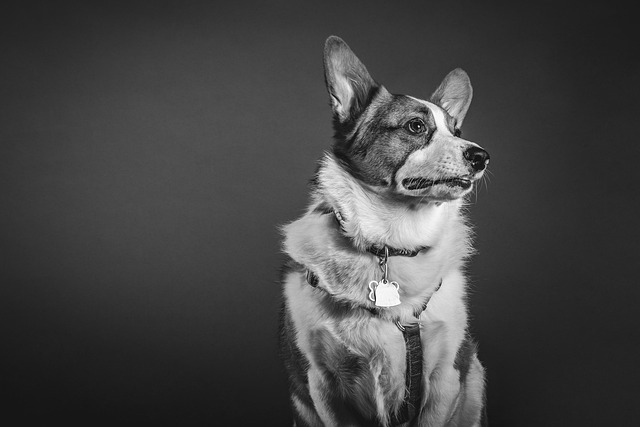
How can I tell if my dog's heatstroke is serious
Let’s be real: It’s a sticky August morning in Los Angeles, and you took your 2-year-old Golden Retriever, Max, for a walk a little later than usual
Weight loss often creeps in with kidney disease in dogs, even if they seem to eat normally at first. The kidneys struggle to filter waste, which can make food taste off or leave them feeling sluggish—so they might eat less over time, or their bodies can’t absorb nutrients well. You might notice their ribs feel more prominent when you pet them, or their favorite bed looks a little too big suddenly. Catching this early matters, so track their weight during regular grooming sessions—small, steady drops are easier to address than big losses.
Kidney disease affects how dogs process water and nutrients, too, which adds to weight changes. They might drink more (a sign of the kidneys overworking) but still drop pounds because their bodies aren’t using calories right. If you take them to a vet, many clinics require updated health records—keeping these organized helps vets spot trends, like gradual weight loss, that you might miss. Also, some areas have rules about disposing of pet medication (common for kidney treatments), so ask your vet about local drop-off spots to stay compliant.
 Not all weight loss means kidney disease, but it’s a key sign to check. Other issues, like dental pain or thyroid problems, can cause similar drops—but kidney disease often pairs weight loss with increased thirst or frequent trips outside. Try weighing your dog weekly on the same scale (many pet stores let you use theirs for free) to spot changes early. If you switch their food (a common step for kidney care), follow vet guidelines—sudden diet changes can make weight loss worse, and some prescription foods need a vet’s approval in certain regions.
Not all weight loss means kidney disease, but it’s a key sign to check. Other issues, like dental pain or thyroid problems, can cause similar drops—but kidney disease often pairs weight loss with increased thirst or frequent trips outside. Try weighing your dog weekly on the same scale (many pet stores let you use theirs for free) to spot changes early. If you switch their food (a common step for kidney care), follow vet guidelines—sudden diet changes can make weight loss worse, and some prescription foods need a vet’s approval in certain regions.
Vet care is non-negotiable if you suspect kidney disease, and timing matters. Early stages can be managed with diet adjustments and meds, but waiting too long lets waste build up, making weight loss harder to reverse. Many vets offer payment plans or pet insurance partnerships—look into these if costs feel overwhelming, as delaying care risks more serious health issues. Also, note local laws about pet health: some places require reporting chronic conditions if they affect public safety (like a dog becoming weak and unsteady), so staying in touch with your vet keeps you legal.
Watching your dog lose weight is scary, but knowing kidney disease is a possible cause helps you act fast. Start with a vet visit to rule it out or get a plan—tracking weight, noting thirst levels, and keeping health records handy all make a difference. With the right care, many dogs with kidney disease maintain a healthy weight and quality of life. You’ll feel more in control, and your pup will thank you for catching those small changes before they turn into bigger problems.

Let’s be real: It’s a sticky August morning in Los Angeles, and you took your 2-year-old Golden Retriever, Max, for a walk a little later than usual

You're enjoying a summer afternoon at the park when you notice your dog has stopped panting and appears disoriented - their gums are bright red

Let’s paint the picture: You’re in your Denver apartment, watching your 4-year-old Boston Terrier, Ruby, plop down mid-play session with her favorite toy

Many dog owners notice their pets nails seem shorter after regular walks,but how much does this daily activity actually help?The answer depends on where you walk—concrete sidewalks or asphalt streets gently file nails as a dog's paws hit the ground

Most dog owners notice their pup scooting across the carpet at some point, but few connect it to impacted anal glands. These small sacs near a dog’s rectum secrete a scent for marking territory

Most vets agree that regular dog teeth cleaning is key to avoiding painful dental issues later. For healthy adult dogs, a professional cleaning at the vet’s office every 12 to 18 months usually works well.